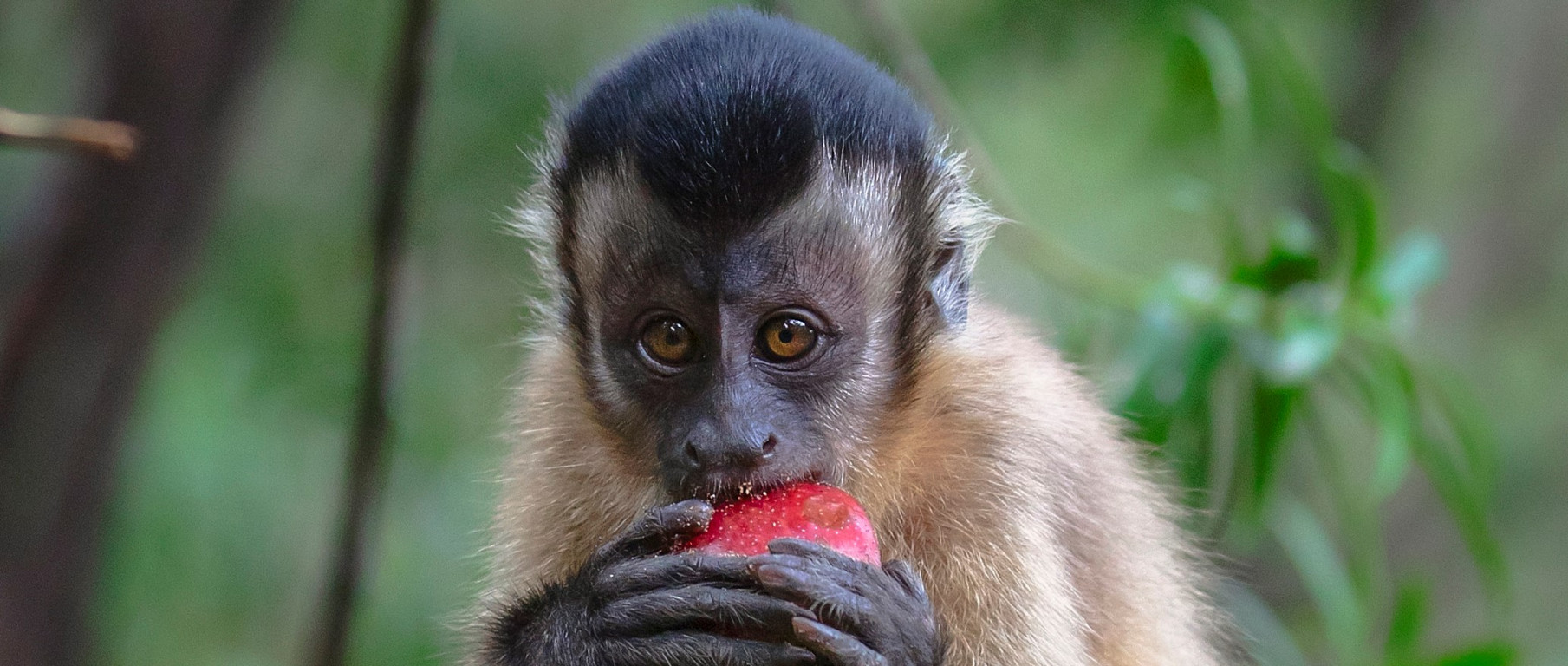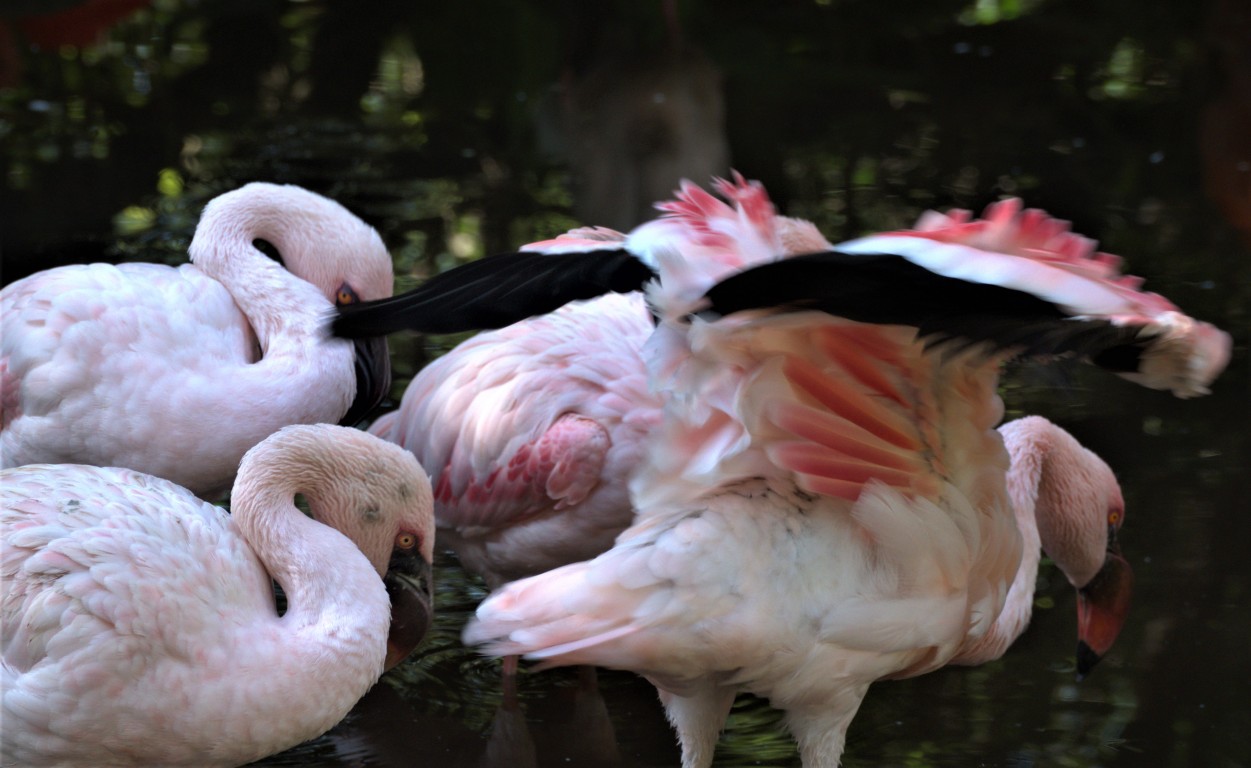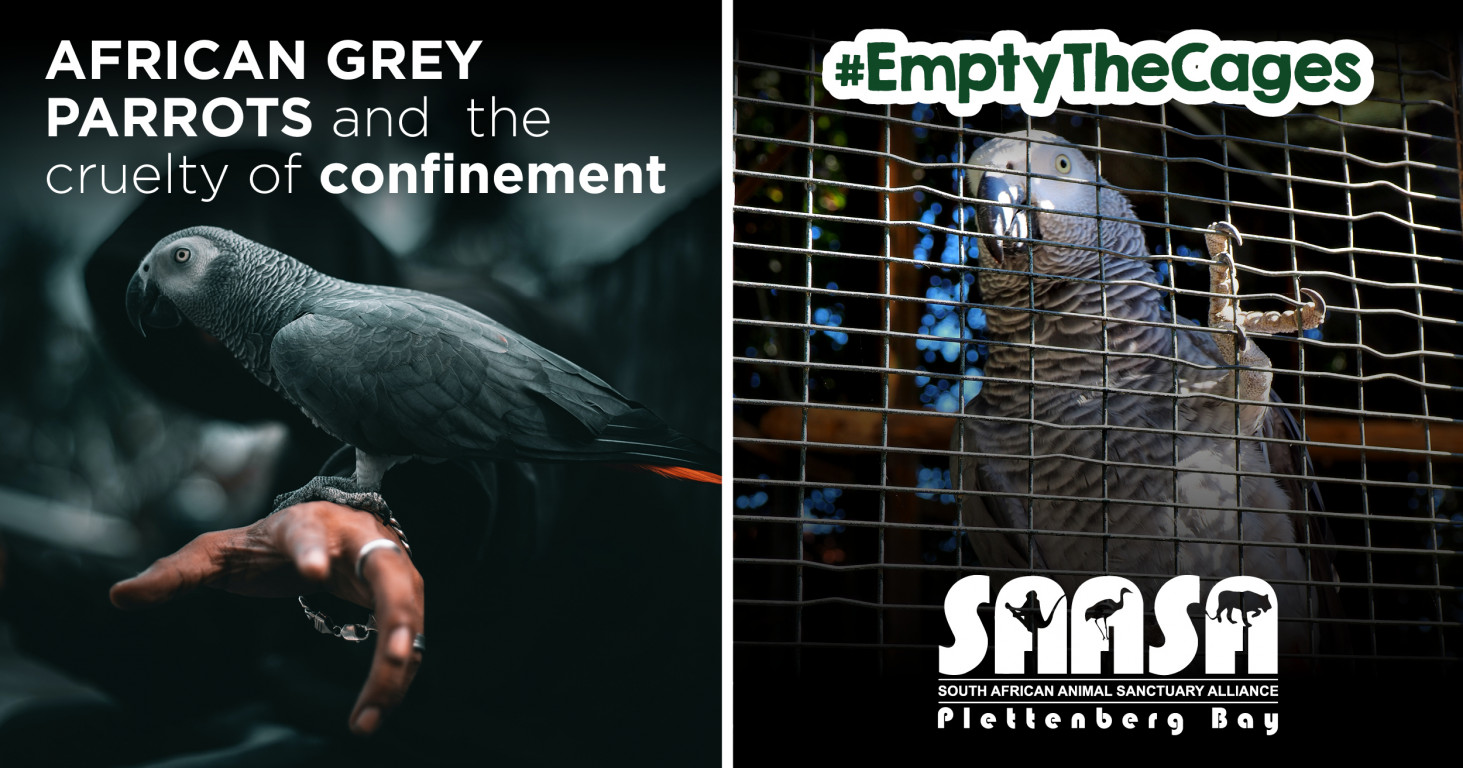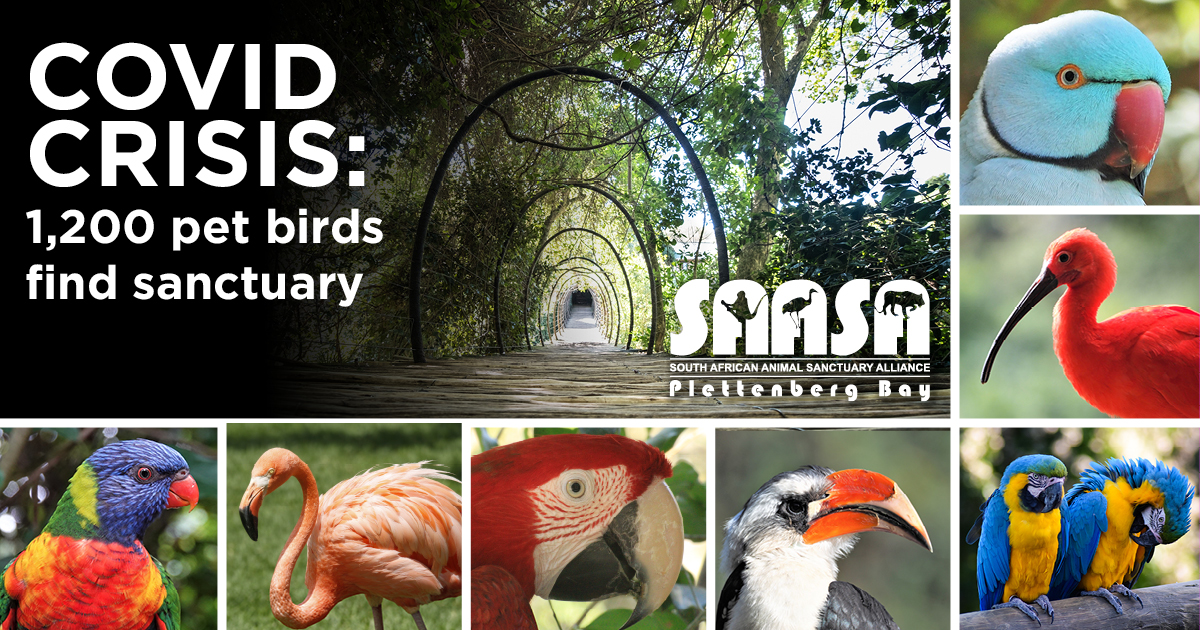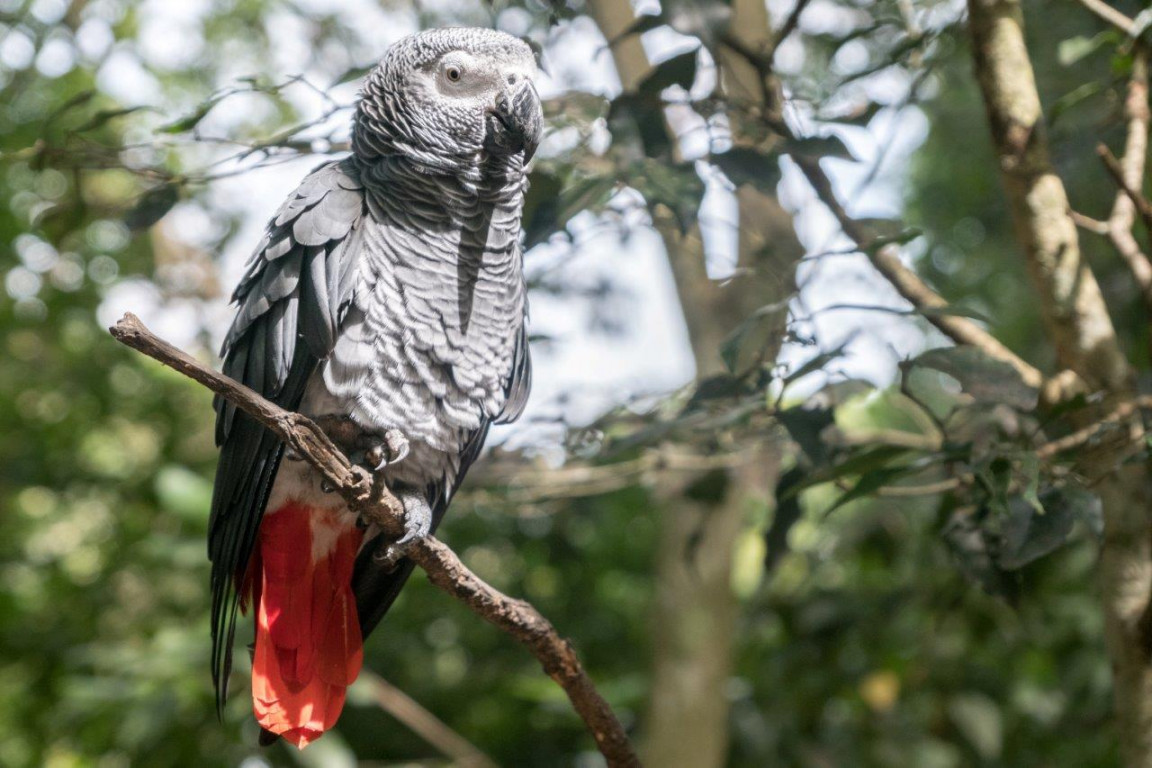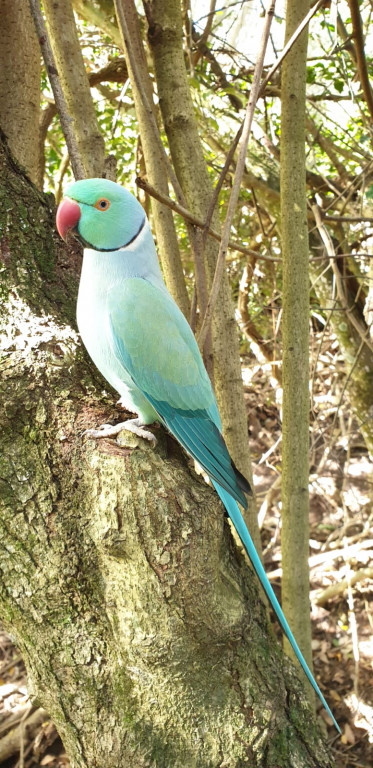When they opened Monkeyland Primate Sanctuary in 1998, it was a new concept in animal welfare: a rescue centre that offers animals that can’t be released into the wild the opportunity to live in a semi-wild state, in an environment that’s in many ways similar to their natural habitats
The success of the concept led to the establishment of Birds of Eden in 2005 (a 23,000 square metre, single-dome, free-flight aviary), Jukani Wildlife Sanctuary in 2013 (a species-appropriate home for rescued wild cats and other predators), and Monkeyland KwaZulu Natal in 2019.
#HANDSOFF
SAASA’s facilities all enforce a no touch policy, and have since they were founded. SAASA has always campaigned for the ethical position that #HandsOff is the only acceptable approach, and has seen it adopted by many animal care facilities, and by leading tourism companies.
This ethical approach led to SAASA receiving the joint Gold Award for Best Animal Welfare Initiative (with UK-based World Animal Protection), and being named joint Overall Winner (with Brazil’s Campo and Parque Dos Sonhos) in the 2014 World Responsible Tourism Awards.
SQUARE METRES FOR ANIMALS
The rights of nature are well established in many countries of the world. “There’s a whole branch of law that deals with it – but rights and ownership are very different things,” said Lara.
“I have the right to own land, but unless I acquire title to it, I can’t do what I like with it.
“It’s the same for animals.”
Tony and Lara are also concerned that future generations of shareholders might not have the same passion for animals that they do – they could simply sell the land, and have the inhabitants removed.
The only logical solution is that Monkeyland must be sold to the monkeys themselves through SAASA, which must hold the land on their behalf in a ‘per proxima amici’ (by or through a friend) arrangement.
To fund this campaign, SAASA is therefore selling square metres for primates – there are a total of 216,000 square metres at Monkeyland – at $5 or R90.00 per square metre. (With SAASA being a registered Public Benefit Organisation, these donations are tax deductible in South Africa. See map: https://www.tv/map/)
“We see this as a pilot project that will hopefully soon be rolled out to the other sanctuaries in the SAASA stable, and to many other facilities around the world, too,” said Tony.
Details: https://www.tourismcontent.co.za/blog/post/lara-mostert-personal-biography/
ENDS
Martin Hatchuel www.tourismcontent.co.za
23 May, 2022



